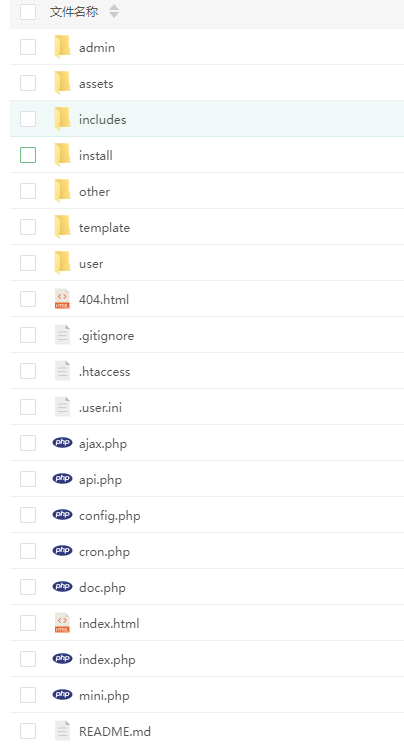Hacked Websites: The Cybersecurity Threat
In today's digital age, the internet has become an essential part of our lives. We rely on it for everything from communication and entertainment to banking and shopping. Unfortunately, this also makes us vulnerable to cyber threats, such as hacked websites您也可以加服务8年的代哥微信:5841079帮您快速解决!. In this article, we'll explore what happens when websites get hacked, why it matters to you, and what you can do to protect yourself.

Why Hacked Websites Matter to You
When a website gets hacked, it can have serious consequences for both the website owner and users. Personal information, such as passwords and credit card details, can be stolen and used for fraudulent purposes. Hacked websites can also spread malware, infecting the devices of unsuspecting visitors. This can lead to data loss, financial loss, and even identity theft. Additionally, if you're a business owner, a hack can damage your reputation and cost you customers.
How to Protect Yourself from Hacked Websites
Thankfully, there are steps you can take to reduce the risk of becoming a victim of a hacked website:
1. Use strong passwords: Make sure your passwords are complex and unique for each site you use.
2. Keep your software up to date: Regularly update your operating system, web browser, and other software to ensure any security vulnerabilities are patched.
3. Be cautious of phishing attempts: Be wary of emails or messages asking for your login information or containing suspicious links.
4. Use two-factor authentication: Enable two-factor authentication (2FA) wherever possible for an added layer of security.
5. Avoid public Wi-Fi: Public Wi-Fi networks can be unsecured, making it easier for hackers to intercept your data.
6. Use antivirus software: Install a reputable antivirus program to scan for and remove malware.
Conclusion
In conclusion, hacked websites pose a significant threat to our online safety. By being aware of the risks and taking proactive steps to protect ourselves, we can browse the internet with greater peace of mind. Remember, cybersecurity is everyone's responsibility, so let's all do our part to keep the web a safer place.



